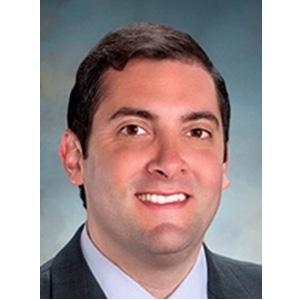The NINDS Clinical Trials Unit (CTU) has opportunities for both postbaccalaureate Intramural Research Training Awardees (IRTA) and post-doctoral fellows.
CTU postbaccalaureate IRTA
The CTU Intramural Research Training Award (IRTA) provides post-baccalaureates graduates who are interested in clinical research, the opportunity to work with a dynamic group of clinical research staff engaged in supporting research teams within the NIH Division of Intramural Research program of the National Institute of Neurological Disorders and Stroke (NINDS). Members of the CTU provide clinical research support in a variety of areas, e.g., biostatistics, regulatory support, clinical trials oversight, data management, and staffing support. The CTU IRTA will have an opportunity to work with members of the CTU, on a research project focused on optimizing methods and practices in clinical research and clinical trials.
The Postbac IRTA Program is for individuals who meet ONE of the following criteria:
- College graduates who received their bachelor's degrees less than THREE years prior to the date they begin the program (regardless of whether they subsequently completed a master's degree), OR
- Individuals who are more than 3 years past the receipt of their bachelor's degree but received a master's degree less than SIX MONTHS before they begin the program OR
- Individuals who meet criterion (1) and/or (2) who have been accepted into graduate, other doctoral, or medical school programs and who have written permission from their school to delay entrance for up to one year to pursue a biomedical research project at the NIH.
NINDS-FDA/Neurology-Clinical Trial Methodology and Regulatory Science Fellowship
The NINDS Clinical Trials Unit, together with the Division of Neurology (DN) 1, 2, Center for Drug Evaluation and Research (CDER), U.S. Food and Drug Administration (FDA), offers a NINDS-FDA/Neurology-Clinical Trial Methodology and Regulatory Science Fellowship. The Fellow receives training in all aspects of clinical trials including concept evaluation, protocol development, statistical design, trial implementation, safety monitoring, ethical considerations, and regulatory sciences. During the first year, the emphasis is on acquiring the basic skills necessary for the conduct of clinical research with most activities taking place at NIH along with early exposure to the FDA environment. During the second year, increasing independence in clinical research is accompanied by more intensive participation in the full spectrum of activities in DN, ranging from pre-investigational discussions with clinical investigators about first-in-human drug trials to analysis of complicated multi-center trials leading to possible approval of new medical products. In addition, Fellows engage in implementing a clinical research project at the NIH Clinical Center and participate in a weekly subspecialty clinic of their choice. The program is customized but generally includes coursework on clinical research methodology and statistics. This fellowship is suitable for neurologists or neurosurgeons with a strong interest in clinical research methodology.
For Fellowship inquiries, please email: ctuclinicaltrials@ninds.nih.gov
Current and Prior CTU Intramural Research Training Awardees (IRTA)
Past and Present NINDS-FDA/Neurology-Clinical Trial Methodology and Regulatory Science Fellowship









